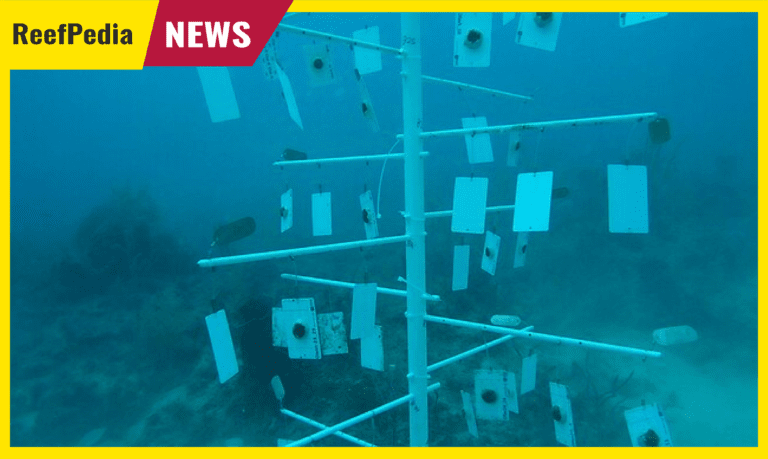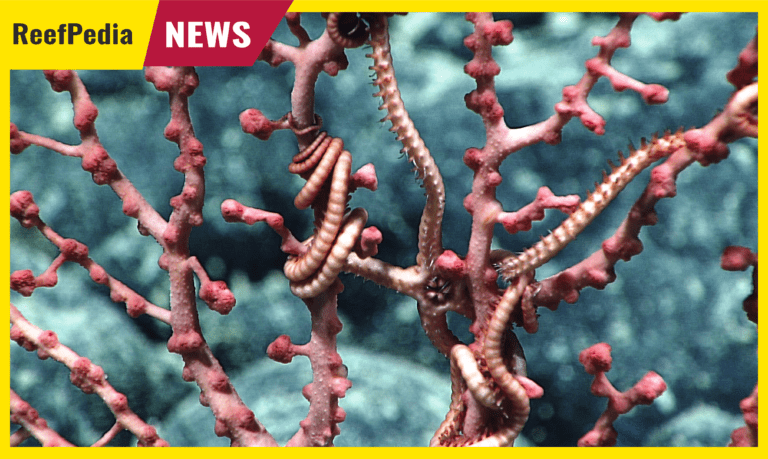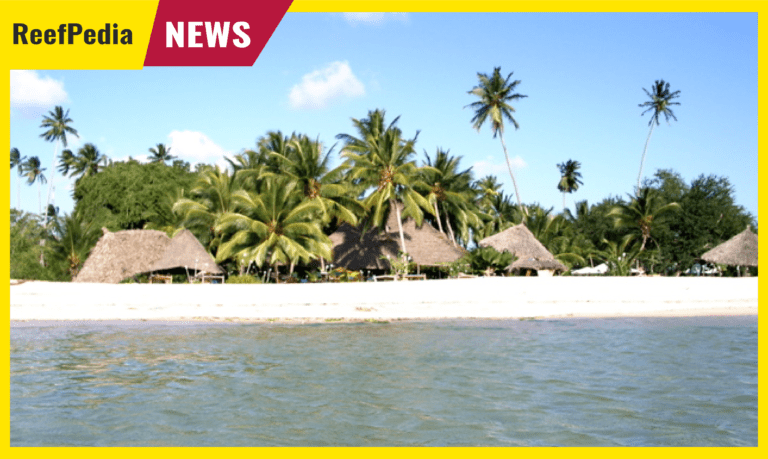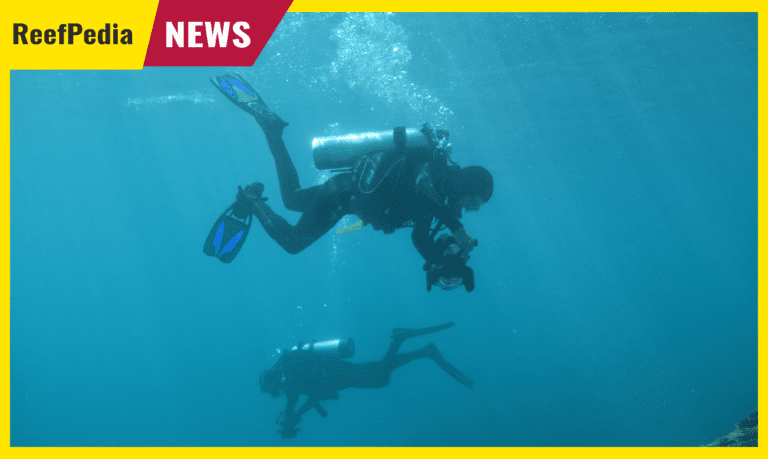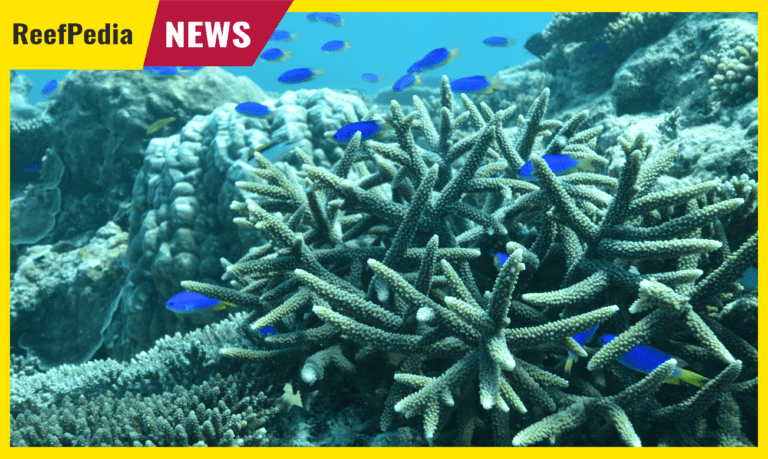
The importance of artificial reefs
Artificial reefs play a crucial role in protecting the marine environment by providing shelter for numerous marine species. These man-made structures mimic natural reefs, offering habitats and supporting the diversity of life.

